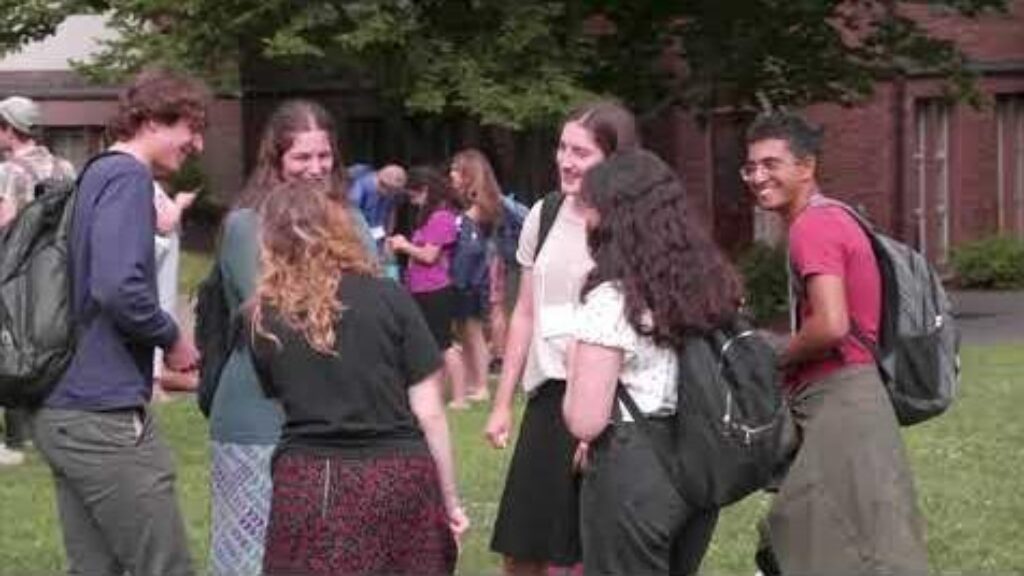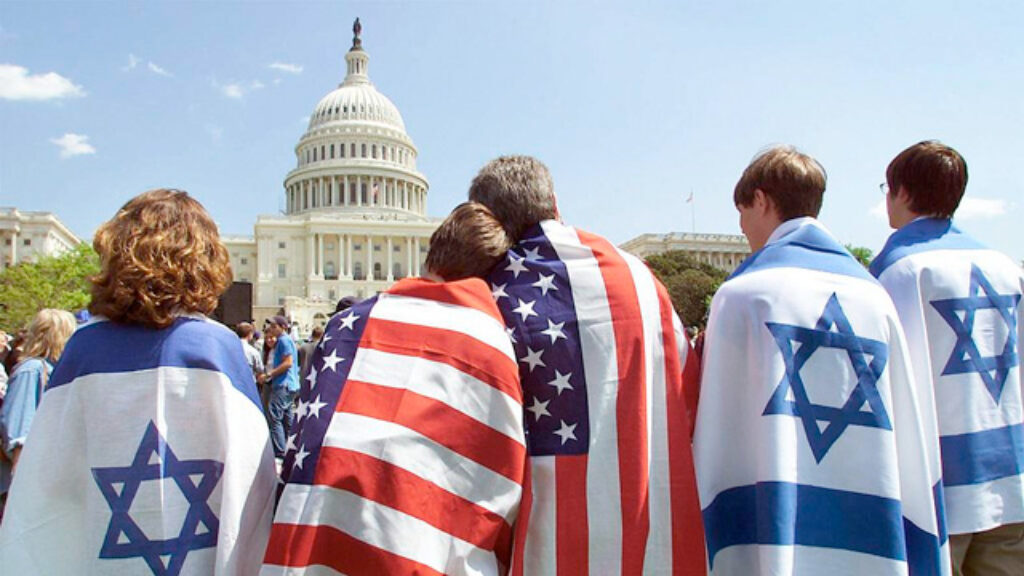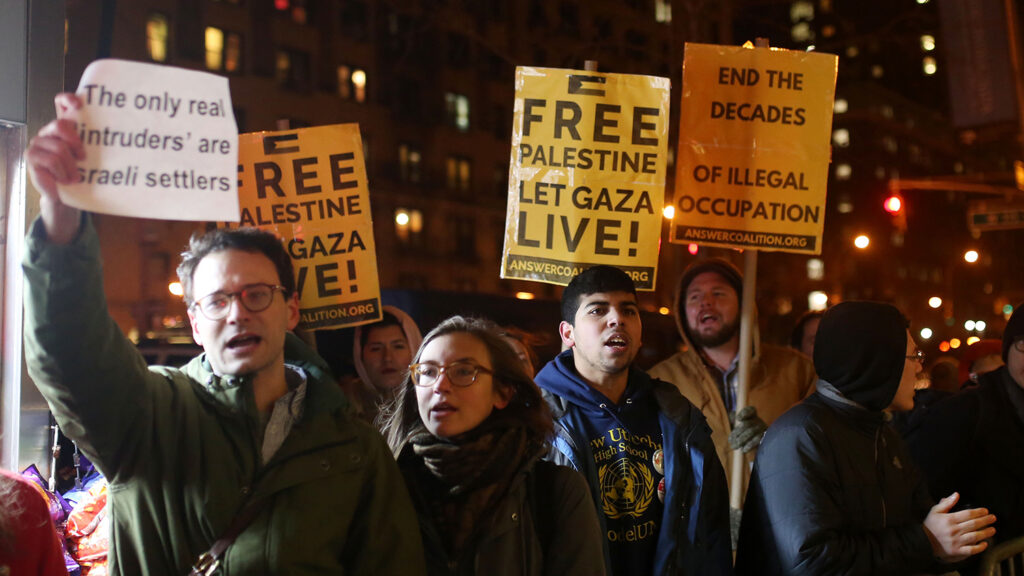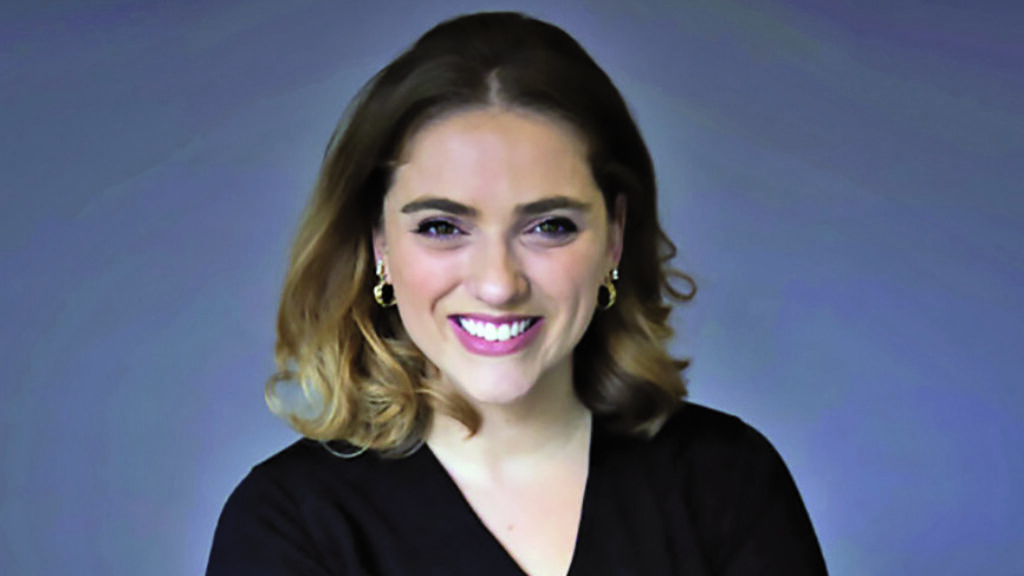What It Means To Be Jewish
BY FREDERICK LEN
Jews are no strangers to self-examination, particularly when it comes to our ancestry, faith, and culture. In the diaspora, Jews had to find creative solutions in order to survive in an environment frequently hostile to Judaism while retaining, upholding, and passing down our core values as Jews. While this was the case for 2,000 years, we now live in a world where the largest threat to Judaism no longer comes from outside threats, but from internal disillusionment with the Jewish faith. At least, that is the perspective that the late Jewish intellectual Milton Himmelfarb held when he predicted in 1996 that the future of American Jewry would be “fewer but better Jews.”
He made this prediction in the face of demographic trends in which the majority of Reform and Conservative Jews were losing their connection to the religious principles that had guided the Jews since before the diaspora. He believed that further Jewish assimilation into American society would mean the dilution of American Jewish connections to their ancestry. One supposes that only Orthodox Jews, with a strong connection to their faith and relative insularity towards modern society, would remain as the “better Jews.”
However, while the average American Jew is less likely to interact with Judaism through religious precepts, they have instead embraced Jewish
culture and values through the pursuit of intellectual thinking, equality, and an ethical life. There are unique benefits to this cultural approach, as researchers Barry Kosmin and Ariela Keysar argued in 2012. Kosmin and Keysar asserted that “[s]ecular Jewish culture…has one especially positive feature; not only is it open to Jews of all kinds but also it does not erect barriers to their non-Jewish partners. Its inclusiveness…helps to make it viable.”
Whether or not American Jewry is, as Himmelfarb puts it, in “a state of transition or disintegration,” is open to interpretation. It will ultimately be up to future generations of Jewish leaders to decide whether this transition towards openness and inclusivity will dilute the strength of Jewish faith or strengthen its place within modern society.
Mr. Frederick Len is a recent graduate of Staten Island Technical High School in Staten Island, New York. He resides in Brooklyn.
Suggested Reading

A New Viewpoint on Diversity
Often, it seems that the people who talk about diversity never visit diverse communities. People seem to think that diversity is based on how one looks. True diversity is not about how someone looks, but how they act.

My Real Internal Conflict is Not One of Clashing Interests
When do my Jewish interests and American interests conflict? After much careful internal deliberation, I have concluded that they do not.

Regaining our Power Through Knowledge: The Solution to Rising Anti-Semitism on Campus
An emotional connection to our Judaism cannot be our only solace. Knowledge is the solution to the problem Jewish students face today.

Tal-Or Cohen Montemayor on the Surge in Online Anti-Semitism and Its National Security Implications
BY ESTHER LUVISHIS Social media is a significant part of everyone’s life in the twenty-first century, especially for the young. From X, formerly Twitter, to Instagram and Facebook, there is…